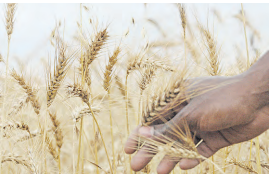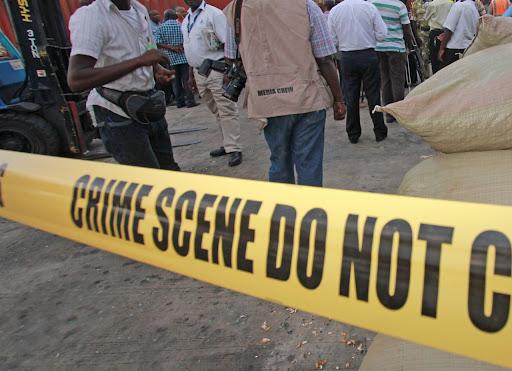

Cereal millers in the country have dismissed claims they are giving local wheat producers a wide berth in favour of imports.
This follows recent accusations that they are unwilling to purchase local wheat, leaving farmers in Narok County with unsold stock worth Sh50 billion.
According to the Cereal Millers Association, Kenya produces only a fraction of its national wheat demand, with local farmers supplying approximately seven per cent of the 24 million bags consumed annually.
Members of the Cereal Millers Association (CMA) account for over 95 per cent of the wheat milling in Kenya.
The Cereal Millers Association (CMA) of Kenya CEO Paloma Fernandes hence said contrary to recent reports, its members have consistently purchased all available local wheat every season over the last 15-20 years.
In the 2023-2024 season, CMA millers procured the entire 1,458,881 bags produced. For the 2024-2025 season, as of February 10, 2025, 1,246,000 bags had already been purchased, as millers remained committed to supporting local farmers.
“Furthermore, the claim that Narok alone has unsold wheat worth Sh50 billion is factually inaccurate. Wheat farming in Kenya extends beyond Narok to regions such as Nakuru, Laikipia, Uasin Gishu, and Timau,” Fernandes said.
The total national value of wheat produced across all these regions based on the 1.7 million bags expected this season, at Sh5,300 per bag, stands at approximately Sh9 billion, she said, and not Sh50 billion as alleged.
“It is worth noting that Sh50 billion worth of unsold wheat equates to 10 million bags which is approximately six years of local production. She said while millers remain committed to purchasing locally grown wheat and protecting local farmers, structural challenges continue to hinder the growth of the industry.
High production costs, low yields per acre, and limited mechanisation have made Kenyan wheat less competitive compared to imports, according to millers.
Farmers struggle with high input costs, including fertiliser and fuel, making local wheat more expensive than imported alternatives.
CMA members operates under a duty remission scheme, which requires them to prioritise local wheat purchases at a premium price, before seeking import approvals, that allows them to import wheat at a 10 per cent duty.
For the 2024-2025 season, millers are purchasing local wheat at Sh5,300 per 90kg bag, a rate higher than the global import parity price of between Sh3,500 to Sh3700, a difference of close to Sh1,500 per 90kg bag.
However, this delicate balance is currently being threatened by severe delays in government import approvals, leading to skyrocketing demurrage costs at the port.
“If these bottlenecks persist,
Kenya risks market instability, potential wheat shortages, and higher
consumer prices,” said Fernandes,
even as she affirmed CMA’s commitment to supporting local wheat
farmers and strengthening Kenya’s
wheat value chain.












